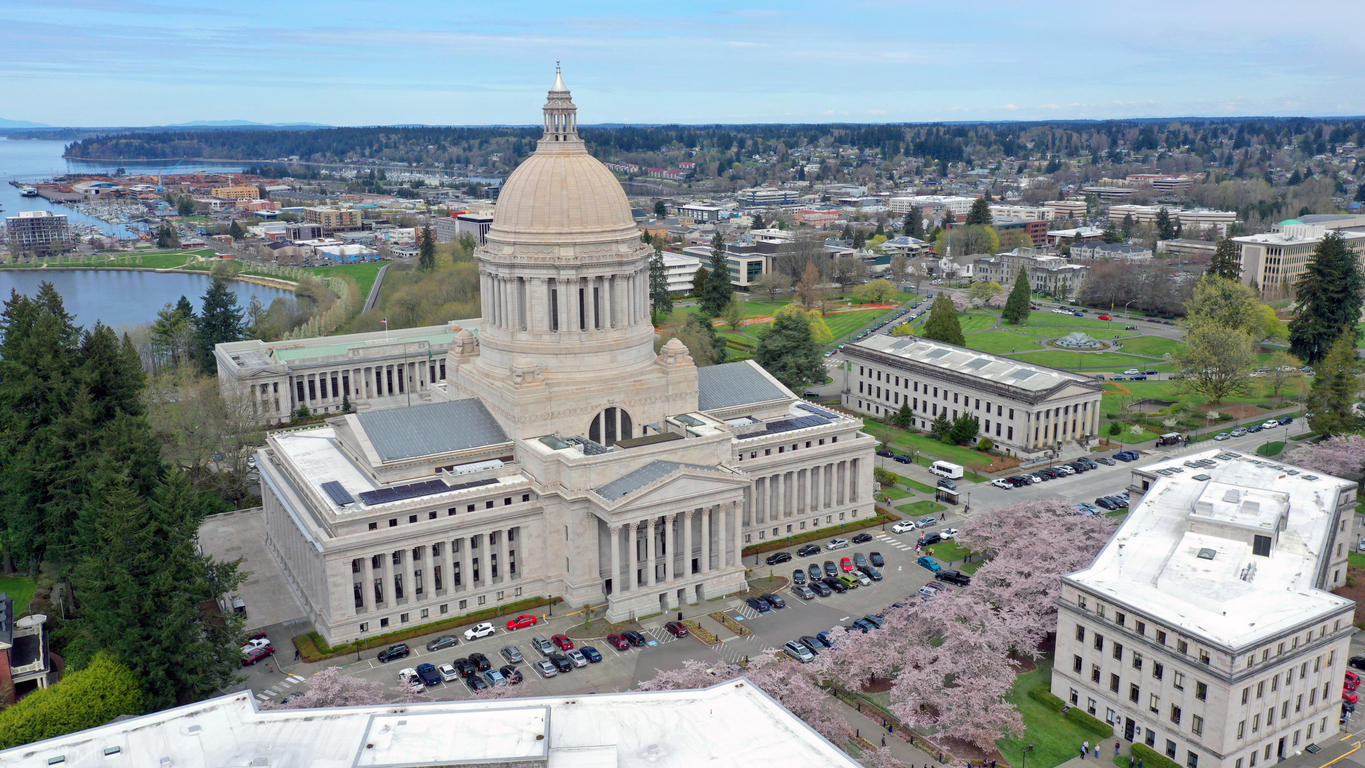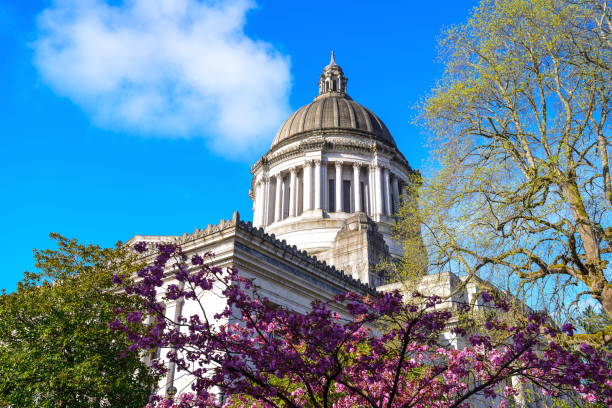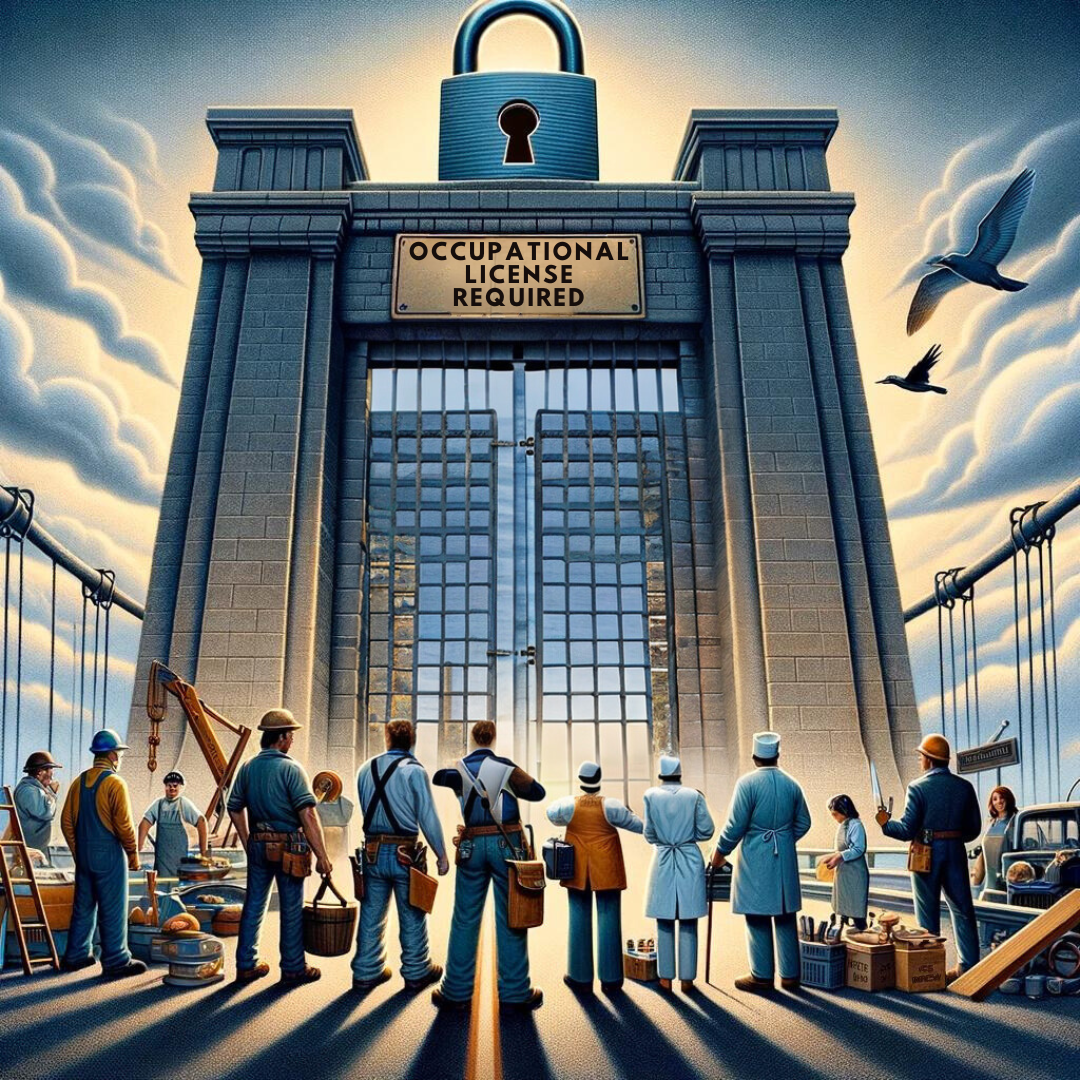While racing budget clock, don't forget the public
With eight days to go until the end of the fiscal year, where do the 2017-19 budget negotiations stand? Your guess is as good as mine. The last publicly available budget proposals had the Senate spending $43.1 billion (13% increase) relying on $1.5 billion in tax increases. The House proposal was for $44.7 billion in spending (17% increase) counting on $3 billion in tax increases. Both of these budgets blew past the nearly $42 billion in revenue taxpayers are already providing (7% increase). These budgets represent huge public investments relying on some form of tax increases and once the white smoke finally rises from the budget negotiations, taxpayers will have little time to review the details and comment before a vote is taken.
Sometimes I feel like this is what lawmakers think of including the public in these highly important budget conversations and decisions:
One former lawmaker thinks this secret budget process should change. Writing in the Seattle Times Brendan Williams noted:
"Recently I had occasion to witness the biennial budget process, reconciling differences between the House and Senate, for the 165th session of the New Hampshire General Court . . .
Both minority Democrats and majority Republicans were represented on the committee and had the opportunity to be heard, and offer amendments, as the committee went through the budget line-by-line. It is an open process that never changes, regardless of which parties are in control. Legislators, paid only $200 for each two-year term with no 'per diem' allowance, have no incentive to drag it out.
Contrast that openness, which also applies to the creation of the House and Senate budgets, with what occurs in Washington.
There I was aghast as a freshman House member in 2005 to have the budget revealed as a fait accompli, where even questions, quite apart from amendments, were discouraged. I remember one colleague wilting, mid-sentence, in the face of a glare upon asking an innocent question in my caucus about a budget proviso.
In New Hampshire, the audience during budget hearings routinely includes legislators not on the budget committees, and they will ask questions or offer input. They also join lobbyists and everyday citizens to watch the open work of the conference committee play out.
In Washington, the budget conferees meet behind closed doors, if they meet at all — typically they just, in passive-aggressive fashion, 'exchange paper' through staff."
Especially if a final budget deal is going to be rushed directly to the floor to try to meet the fiscal deadline, more transparency must be provided. Some lawmakers say you cannot negotiate the budget in public (despite the requirement for local governments to do so), but there is no reason why the proposals of each side should not be publicly posted before the secret budget meetings occur, so that everyone can see what is been proposed and what is being assumed in a budget deal. This is the Civic Openness in Negotiations (COIN) process commonly used in some labor negotiations.
Which brings us to the current 2017-19 budget talks racing up against July 1 fiscal year. When talking about a likely $44 billion budget, tax increases & changing education funding policy, enacting a temporary budget to provide time for the public to review the deal details and provide some comment before voting might be a good trade-off.








